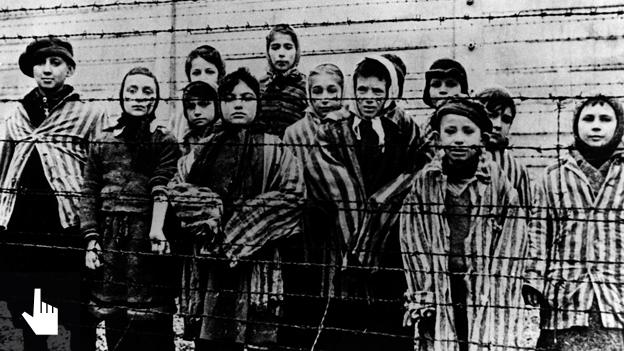Auschwitz trial: Ex-guard Reinhold Hanning 'ashamed'
- Published
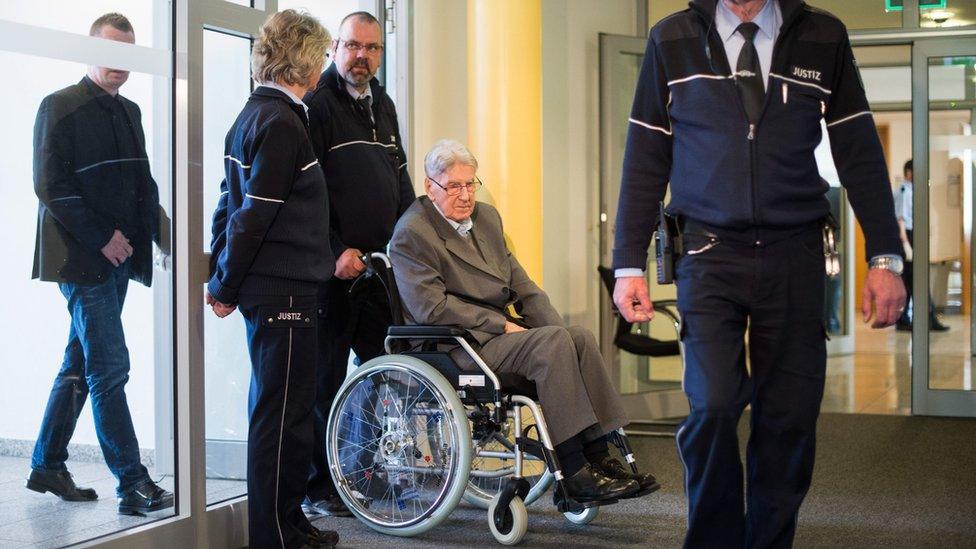
Reinhold Hanning has admitted being an SS guard at Auschwitz
A 94-year-old former Auschwitz death camp guard has apologised to Nazi victims in a court in western Germany, saying he feels "ashamed" of his work at a "criminal organisation".
Reinhold Hanning is accused of being an accessory to the murder of at least 170,000 people at the camp. He was an SS guard there from 1942 to 1944.
He has said he knew what was going on at the camp but did not act to stop it.
But he denies involvement in murder. His trial in Detmold began in February.
The Nazis killed about 1.1m people at Auschwitz in occupied southern Poland, most of them Jews.
Mr Hanning was on duty there at a time when hundreds of thousands of Hungarian Jews were murdered.
"I want to say that it disturbs me deeply that I was part of such a criminal organisation," he told the court.
"I am ashamed that I saw injustice and never did anything about it and I apologise for my actions. I am very, very sorry."
It was the first time he had spoken openly about his role at Auschwitz. Prosecutors say he met Jewish prisoners as they arrived at the camp and may have escorted some to the gas chambers.
A verdict is expected in May but, at his age, experts say he is unlikely to serve a prison sentence because of the length of the appeals process.
'I knew it'
Earlier, his lawyer read a 22-page declaration from Mr Hanning in which he admitted knowing what was happening at the camp while he served there.
He was said to have joined the SS forces voluntarily in 1940 at the age of 18 at the urging of his stepmother.
In the declaration, Mr Hanning said he was sent to Auschwitz after being wounded in battle and having his requests to return to the frontline rejected.
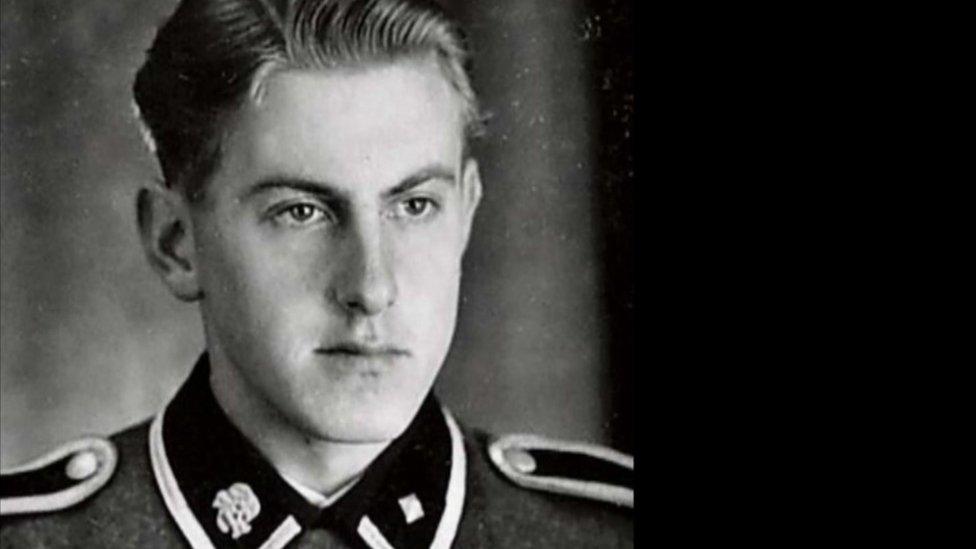
Reinhold Hanning, pictured here as a young man in SS uniform, was a guard at Auschwitz
"People were shot, gassed and burned. I could see how corpses were taken back and forth or moved out. I could smell the burning bodies; I knew corpses were being burned," the statement read.
There was no mention in the statement of whether he had any involvement in the killings in the camp.
'Apology not enough'
Auschwitz survivor and co-plaintiff Leon Schwarzbaum was in court when Mr Hanning gave his apology and said it was not enough.
"I lost 35 family members, how can you apologise for that?'' the 95-year-old was quoted by AP news agency as saying.
"I am not angry, I do not want him to go to prison but he should say more for the sake of the young generation today because the historical truth is important.''
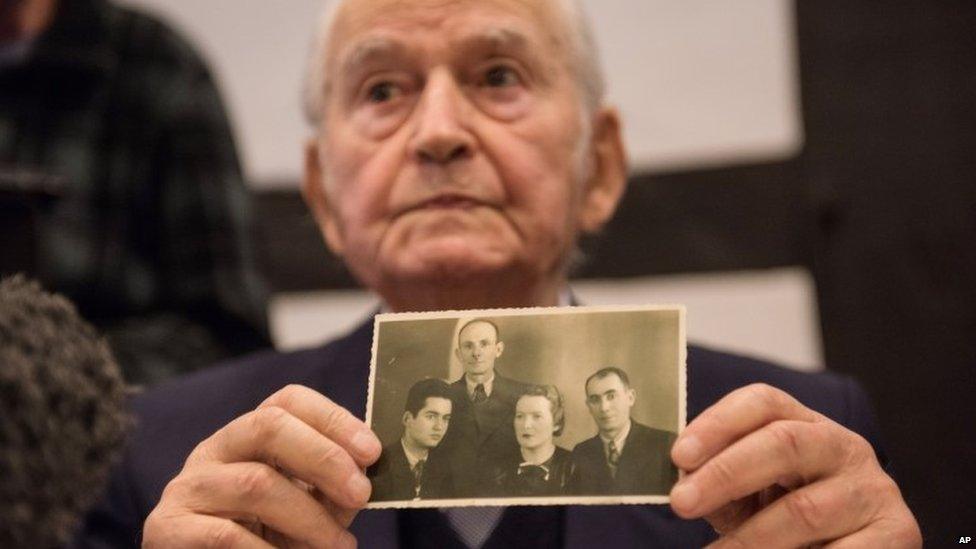
Auschwitz survivor Leon Schwarzbaum, at the beginning of the trial, with a photo of himself, his parents and uncle who died at the camp
On Thursday the court heard grim details of the selection process that Jews faced on arrival at Auschwitz, WDR reports (in German), external. The presiding judge read out lists of transports, detailing how many people were selected as being "capable of work", and how many were sent straight to be gassed.
Until recently, German prosecutors were required to provide evidence that defendants were directly involved in the killings.
But that changed with the 2011 conviction of John Demjanjuk, when a judge concluded that his activities as a camp worker in Nazi-occupied Poland amounted to complicity in mass murder.
Last year a German court sentenced Oskar Groening, 94, to four years in jail as an accessory to the murder of at least 300,000 people at Auschwitz.
Known as the SS "book-keeper of Auschwitz", he was allegedly responsible for counting banknotes confiscated from prisoners.

Auschwitz-Birkenau death camp
Construction began in 1940 on site that grew to 40sq km (15 sq miles)
About one million Jews were killed at the camp in Nazi-occupied Poland
Other victims included Roma (Gypsies), disabled people, homosexuals, dissidents, non-Jewish Poles and Soviet prisoners

- Published15 July 2015
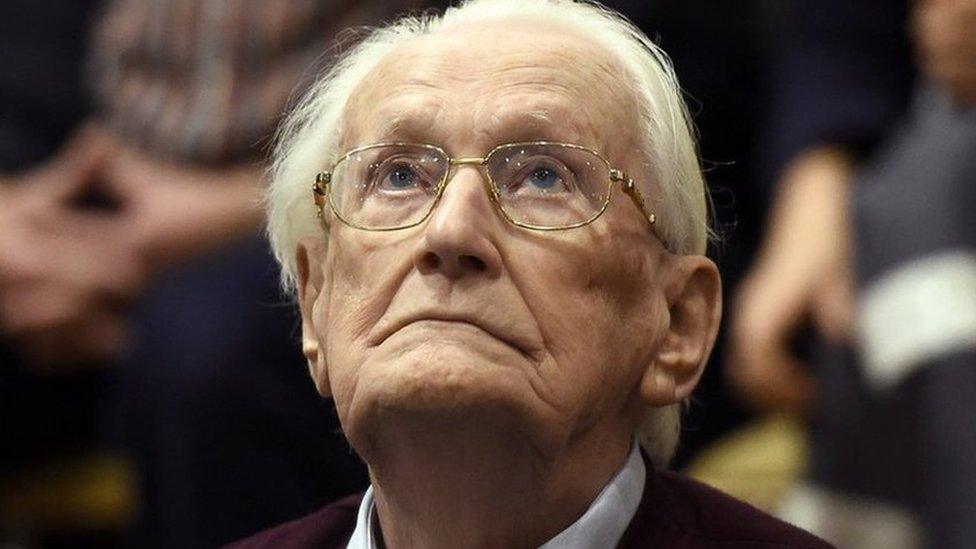
- Published29 April 2015
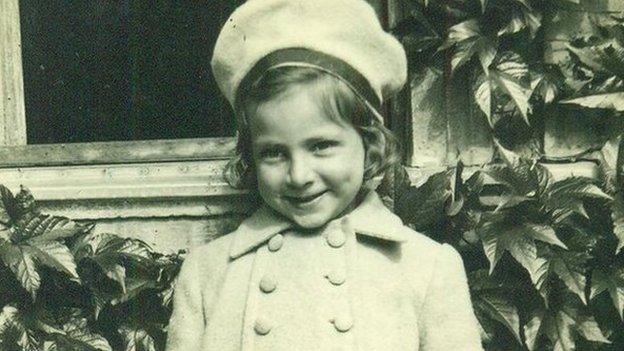
- Published27 January 2015
